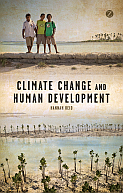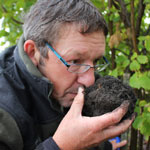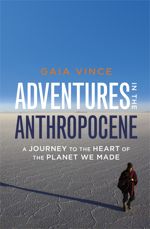 It’s been a long time since my last post: apologies for that. You may blame a bad cold, an urgent need for root canal work, the peak of the truffle season (and truffle tours for culinary heroes ((See also: why.)) ), the start of pruning and political distractions for the drop off in activity here. Normal service should resume in the near future, but meanwhile here are a few of the things that have caught my eye over the last week or two. You may therefore consider this an open thread – and given what follows, somewhat more open than usual…
It’s been a long time since my last post: apologies for that. You may blame a bad cold, an urgent need for root canal work, the peak of the truffle season (and truffle tours for culinary heroes ((See also: why.)) ), the start of pruning and political distractions for the drop off in activity here. Normal service should resume in the near future, but meanwhile here are a few of the things that have caught my eye over the last week or two. You may therefore consider this an open thread – and given what follows, somewhat more open than usual…
The political distraction, of course, has been the response to Nicky Hager’s book, Dirty Politics. I haven’t yet read the book — it’s queued up on the iPad — but as everyone now knows, it concerns the sordid activities of right-wing attack blogger Cameron Slater, and in particular his close ties with senior government politicians. Slater has a long record of climate denial — often lifting material from µWatts or the Daily Mail to support his ignorant bluster — but the revelation that he published paid material for PR companies masquerading as his own opinion begs a question: was there a similar motivation for his climate denial posts?
Continue reading “Friday melts, weird weather and whales (it’s been a long time…)”

 It has been clear for some years that climate change is affecting poorer populations sooner and more gravely than it is economically developed societies. There is little sign that the wealthy nations are much disturbed by this fact, and no sign that it has any braking effect on the inexorable drive to find and exploit fossil fuel reserves. But there are some who care and they can show a dogged persistence in demanding that we take notice of how drastically the climate change for which we are responsible is threatening the lives of people with few defences against it.
It has been clear for some years that climate change is affecting poorer populations sooner and more gravely than it is economically developed societies. There is little sign that the wealthy nations are much disturbed by this fact, and no sign that it has any braking effect on the inexorable drive to find and exploit fossil fuel reserves. But there are some who care and they can show a dogged persistence in demanding that we take notice of how drastically the climate change for which we are responsible is threatening the lives of people with few defences against it. It being the weekend that truffle growers from all over New Zealand
It being the weekend that truffle growers from all over New Zealand  In my post at The Daily Blog today —
In my post at The Daily Blog today —  Science journalist
Science journalist